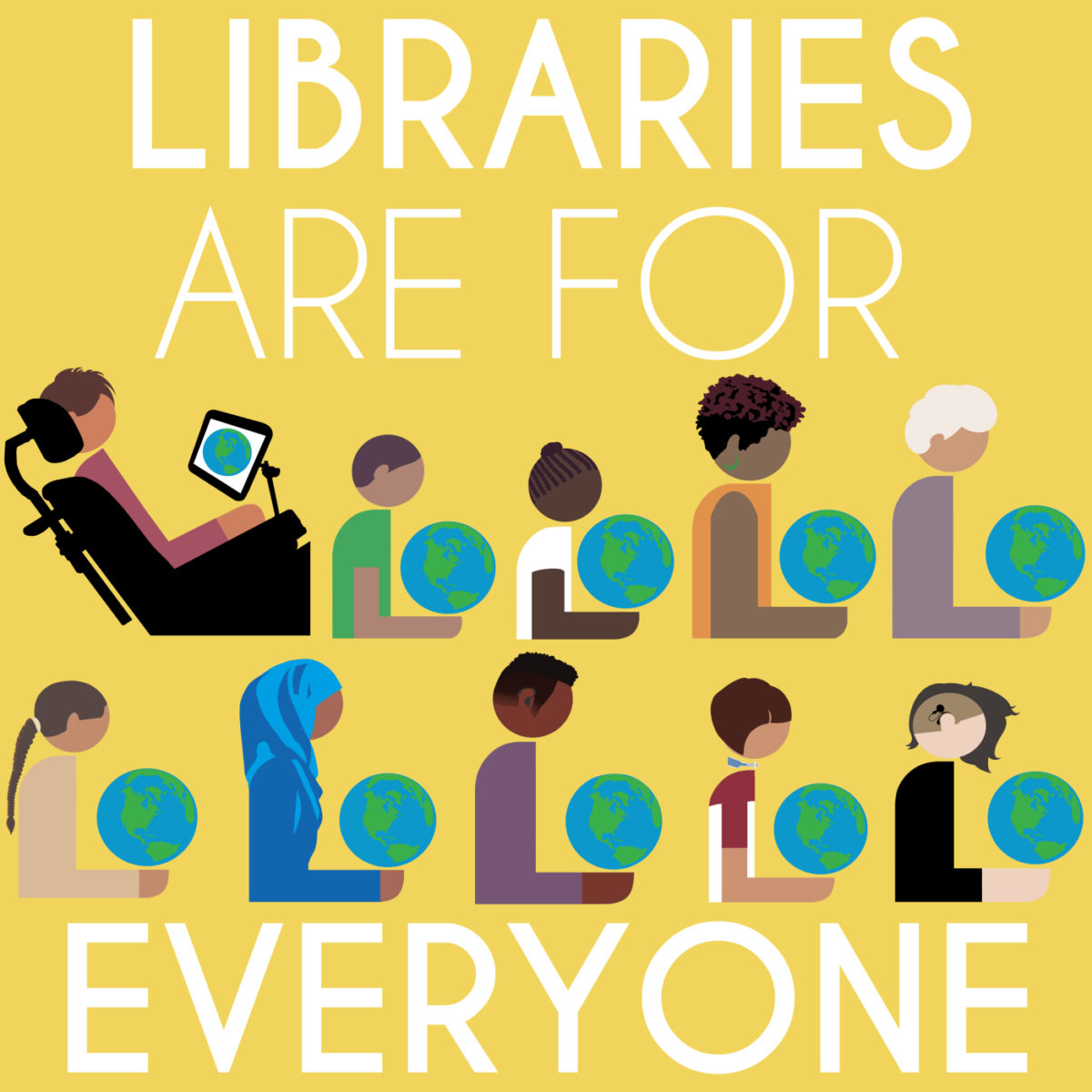Transitioning in your career can be both exciting and scary. Whether you’re seeking new challenges, better opportunities, or pursuing a passion, shifting careers requires thoughtful planning and strategic actions. From gaining the necessary education to building a strong network, here’s how to successfully navigate a career change.
Education and Skill Development
Education is often the first step in a career transition, especially if you’re moving into a completely new field. Start by assessing the skills you already have and identifying the gaps you need to fill. Research the skills required for your desired career and consider enrolling in relevant courses, certifications, or even degree programs. Online learning platforms offer flexibility, allowing you to upskill while maintaining your current job.
In some cases, you might not need formal education but rather specialized training or workshops that offer practical, hands-on experience. Look for opportunities to gain experience through internships, volunteering, or part-time work in your new field. This not only enhances your resume but also gives you a taste of what the job entails, helping you determine if it’s the right fit.
Networking
Networking is crucial when transitioning careers. Building relationships with professionals in your target industry can open doors to opportunities that aren’t advertised. Start by attending industry events, seminars, and webinars where you can meet and learn from others in the field. LinkedIn is also a powerful tool for networking. You need to connect with individuals in your desired industry, join relevant groups, and participate in discussions to establish yourself. It’s scary at first, but take it from me you meet so many good people via LinkedIn.
Informational interviews are another valuable resource. Reach out to professionals in your target industry to learn more about their career paths, challenges, and the skills required. These conversations can provide insights and guidance that are invaluable during a career transition.
Embracing a Total Career Change
A complete career change can be intimidating, but with careful planning, it’s achievable. Start by doing a self-assessment to understand your motivations for the change. Identify what you’re passionate about, what skills you excel in, and how these can be applied to a new field. This self-awareness is crucial in making informed decisions about your next steps.
Once you’ve identified your new career path, begin laying the groundwork. Update your resume to highlight transferable skills and any relevant experience. Consider creating a portfolio that showcases your work, particularly if you’re moving into a creative or technical field. Tailor your cover letters and applications to reflect your enthusiasm for the new field and your readiness to contribute.
Taking the Leap
Finally, transitioning in your career requires courage and resilience. It’s important to set realistic expectations and be prepared for challenges along the way. Consider taking small steps towards your goal, such as starting in a related role before fully transitioning, to ease the process.
Remember, career transitions are a journey. By investing in education, expanding your network, and embracing change, you can successfully navigate the path to a new career. Keep an open mind, stay patient, and trust in your ability to adapt and grow. You’ve got this!
For more career tips check my website: KathyHusserTempe.com




